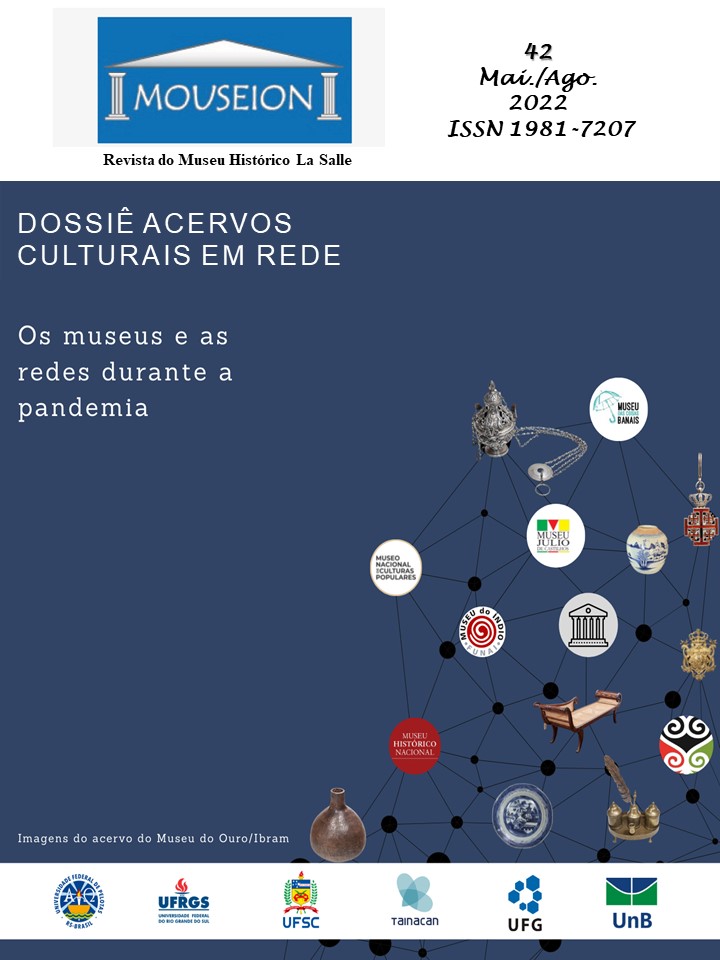Conhecimento e memória enquanto potencial de mudança nas organizações pós-modernas
DOI:
https://doi.org/10.18316/mouseion.v0i42.9383Palabras clave:
Conhecimento tácito, conhecimento explícito, processo interorganizacional do conhecimento, memóriaResumen
O objetivo desse artigo é trazer para o estudo das organizações o debate epistemológico dentro das ciências sociais numa busca de ampliar a visão sob o enfoque de um paradigma diferente do usualmente aceito dentro desse ambiente organizacional, trabalhando novos conceitos e o papel do conhecimento tanto do ponto de vista epistemológico como ontológico dentro do processo interorganizacional do conhecimento, como uma possibilidade que essa possa transcender horizontes e remover entraves há muito calcificado dentro da gestão do conhecimento organizacional. Os autores Nonaka e Takeuchi (1997) são o referencial teórico utilizado para evidenciar as diferenças existentes apontadas por eles entre a filosofia ocidental e a oriental. A fim de satisfazer estes objetivos, foi realizada uma pesquisa teórica de caráter exploratório. Como conclusão a respeito desse universo de múltiplas possibilidades,circunscrito no universo das organizações, dá-se maior enfoque ao potencial da interação entre o conhecimento tácito e explicito,bem como, a importância dos aspectos ligados a memória na produção de novos conhecimentos e inovação.
Descargas
Publicado
Número
Sección
Licencia

O Periódico Mouseion, Revista Eletrônica do Museu e Arquivo Histórico La Salle em http://www.revistas.unilasalle.edu.br/index.php/Mouseion foi licenciada com uma Licença Creative Commons - Atribuição - Uso Não Comercial 3.0 Não Adaptada.


